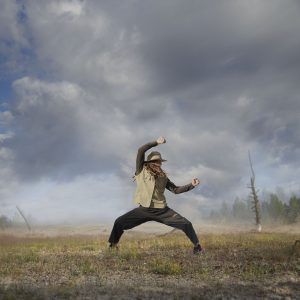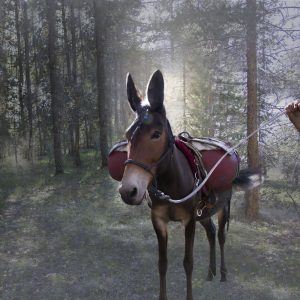by Thomas O’Dwyer

The outpouring of words after the passing of literary critic Harold Bloom on October 14th was astonishing. Who knew that an 89-year-old American academic who still muttered about things like great literary canons and dead white male Victorian-era poets could cause such a ripple in self-absorbed 21st-century space-time? However, the eulogies, obituaries, and memoirs haven’t all been launched on a sea of love and regret. They seem equally divided between affection and snark. Most of the vinegar appears to drip out of academia, or what’s left of the battered and deconstructed humanities departments where Bloom made his name in those bygone days when literary snobs looked down their noses at such vulgar faculties as science, computers and (ugh!) business studies.
It’s no surprise that the academic journals and commentators are so sniffy. When one of the tenured pack moves from writing papers that are read by five people to producing books that top the bestseller lists, the green rot of envy and disapproval spreads like bindweed. One professor commented in an article, “Lest we forget, Bloom was also a bad scholar. His Shakespeare book is written horribly and says nothing.” Meow!
“He’s a wandering Jewish scholar from the first century,” Cambridge Professor Sir Frank Kermode, the English literary critic, once wrote of Bloom. “There’s always a pack of people sitting around him to see if any bread or fishes are going to be handed out. And I think there is in him a lurking sense that when the true messiah comes, he will be very like Harold.” Kermode was once labelled “distinguished;” now he too is merely deceased and forgotten.
It’s not only humanities professors – the late physicist Stephen Hawking was regularly scorned by his peers from the day A Brief History of Time hit the pop charts. It was as if his physicist’s brain had lost ten IQ points merely by addressing the hoi polloi who bought paperbacks. Forming your bubble outside the tenured bubble inevitably invites pinpricks. Read more »


